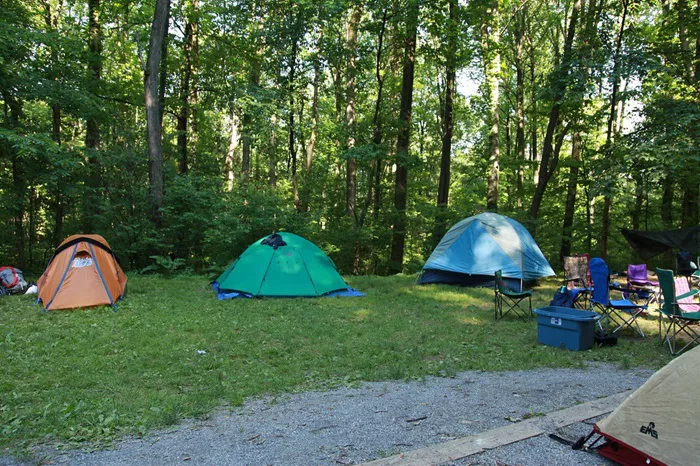A growing number of working individuals are finding themselves living in cars and vans due to soaring living costs and increasing rental prices, according to a freedom camping advocate. The median rental prices in New Zealand rose nearly 30 percent from October 2019 to August 2024, as reported by TradeMe’s rent price index.
One advocate, who operates multiple online platforms focused on freedom camping, shared that many working people are reaching out to her about the possibility of transitioning to vehicle living because renting has become unaffordable.
Recent changes in government policies regarding emergency housing have made living in vehicles a more practical option for some. In the latest installment of RNZ’s “Crunching the Numbers” series, we interviewed several New Zealanders who are currently living in vehicles or tents.
Jono Davis and his partner, Kathy, have been living in their van for several months while traveling through Waikato and the Bay of Plenty. They previously resided in a house in Kawerau for seven years. However, when their landlord sold the property, they found limited options for housing.
“Most of the rentals that are out there now are beyond your reach if you’re in a situation like us,” Jono stated. They opted for van life after purchasing a compact vehicle, which accommodates just a bed and essential items such as a fridge, toilet, and fresh water.
Jono has experienced van life before but expressed surprise at the number of homeless individuals arriving at freedom camping spots after dark to sleep in their cars. “They kip down for the night and leave early in the morning as if they’re heading off to work,” he remarked. “What sort of life is that? You’re trying to make ends meet, working hard, and can’t even have a roof over your head. That’s rough.”
Jono is on a supported living payment due to his blindness, while Kathy receives a jobseeker benefit after completing her business diploma. Although she is currently seeking an accounting position, she mentioned that once she finds a job, they will likely continue living in their van to save money.
Recent government regulations on emergency housing require individuals to make “reasonable attempts” to find alternative housing and contribute financially, or they may face a 13-week stand-down period from emergency housing eligibility. Kathy noted the lack of logic in these regulations: “Why would you go into a motel, apply for houses you can’t afford, and risk losing your minimal support?”
Kathy acknowledged that their lifestyle has sometimes strained their relationship but added that they have developed a happy routine.
In Wellington, Teiti Nepia chose to camp in a tent last summer while biking to her job as a chef in the affluent suburb of Island Bay. “A small studio starts at $400 and up. I couldn’t afford that. It would have taken over 60% of my income,” she explained.
Teiti sought to “peacefully resist” the high cost of living and what she considers unsustainable rental prices, while also teaching others about responsible freedom camping. However, she faced challenges, such as finding places to shower daily. While she initially made the decision out of necessity, her love for the outdoors made the experience more enjoyable. “I love waking up to sunsets and sitting on my swag, watching the sun go down. Living out there, the force of nature is stunning,” she said.
Teiti documented her experience in a film titled HOME – A Feeling of Belonging. However, after five months of living outdoors and working on the documentary, she became exhausted and unwell, leading her to seek social housing.
Bette Cosgrove, a freedom camping advocate and administrator of several Facebook groups about the lifestyle, noted an increase in inquiries. “I’m getting more messages from people saying, ‘I have to live in my vehicle now; what do I do about these freedom camping laws?’ This is a new trend for me,” she said.
Last year, changes to freedom camping regulations required camper vehicles to be self-contained, though homeless individuals were exempt from this rule. Currently, neither local councils nor the Ministry of Social Development maintains accurate records of the number of homeless individuals living in vehicles.
Related topics:
- EVs and Batteries Boost Grid Resilience Amid Rising Demand
- VA Ordered to Lock Down UCLA’s Jackie Robinson Stadium
- Hurricane Helene Slams Southeast, Killing 57 and Leaving Millions Without Power

